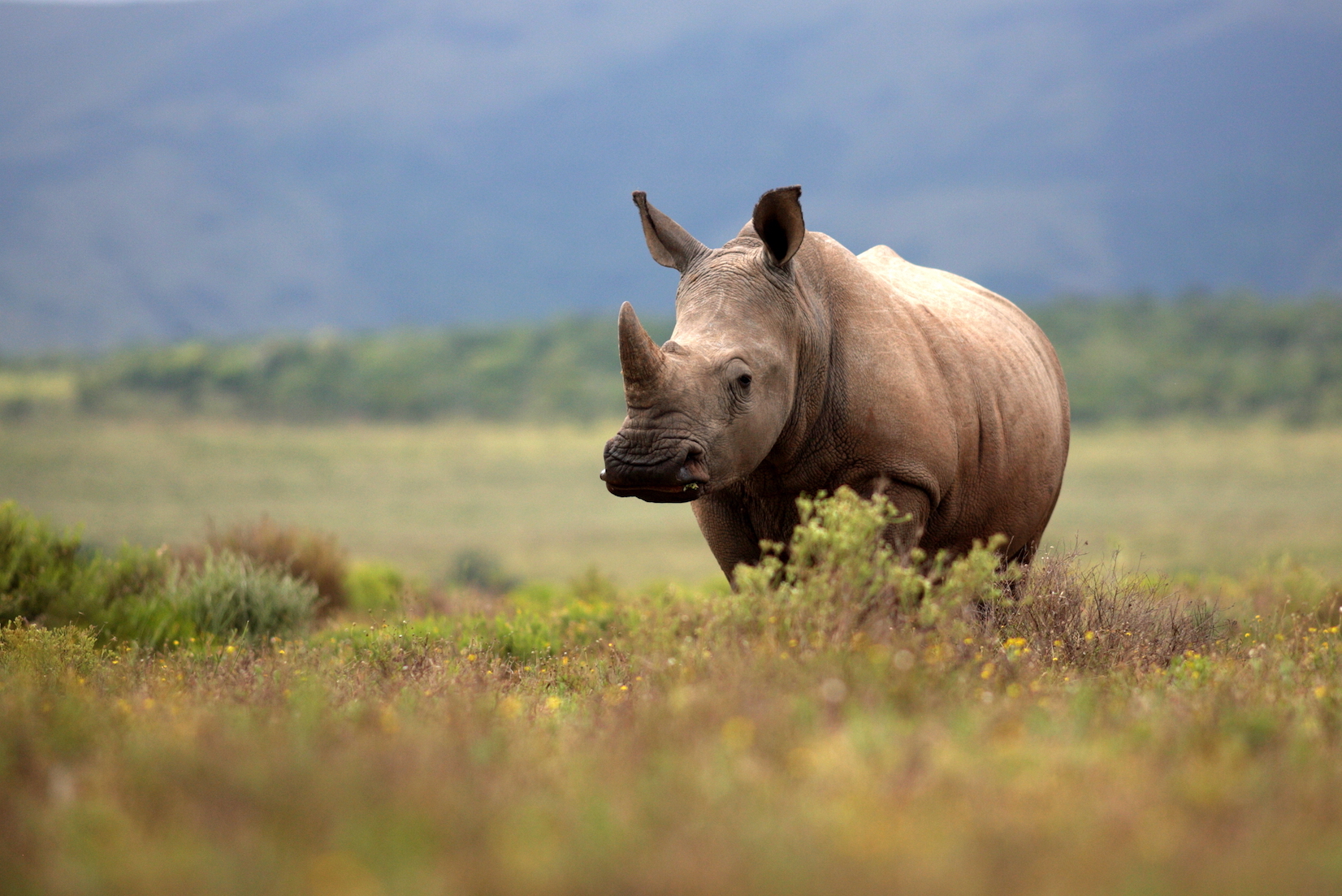
Human activities are prompting alarming extinction rates
In an article written for The Conversation, Dr. David Redding and Dr. Elizabeth Boakes of the University College London (UCL) provide some troubling insight into the impact of human activities on our planet’s biodiversity.
According to the researchers, “fossil records show that current extinction levels are around 1,000 times the natural background rate.” The experts explain that habitat loss, hunting, climate change, and the introduction of invasive species are all accelerating this loss.
“Amphibians seem particularly sensitive to environmental change, with estimated extinction rates up to 45,000 times their natural speed,” write the researchers. “Most of these extinctions are unrecorded, so we do not even know what species we are losing.”
The experts point to the loss of the last male white rhino, Sudan, and question how we will be affected by species that are not as iconic or that we do not even know exist. They stress how healthy ecosystems provide invaluable services to humans and keep the planet balanced.
“Forests and wetlands prevent pollutants entering our water supplies, mangroves provide coastal defence by reducing storm surges, and green spaces in urban areas lower city-dwellers’ rates of mental illness,” the authors write in The Conversation. “A continued loss of biodiversity will disrupt these services even further.”
According to the experts, the stress that we are putting on ecosystems and the disturbances that we are causing to the Earth have never before occurred simultaneously. They warn that it is “quite a gamble to assume that we can so damage our planet while at the same time maintaining the seven billion humans that live on it.”
Dr. Redding and Dr. Boakes also emphasize that while some of the environmental damage we have done can still be reversed, extinction cannot.
“Extinction is irrevocably final,” write the authors.
“We may not all agree, but extinction is broadening its reach, so consensus and urgent action are needed if we hope to control it.”
—
By Chrissy Sexton, Earth.com Staff Writer













